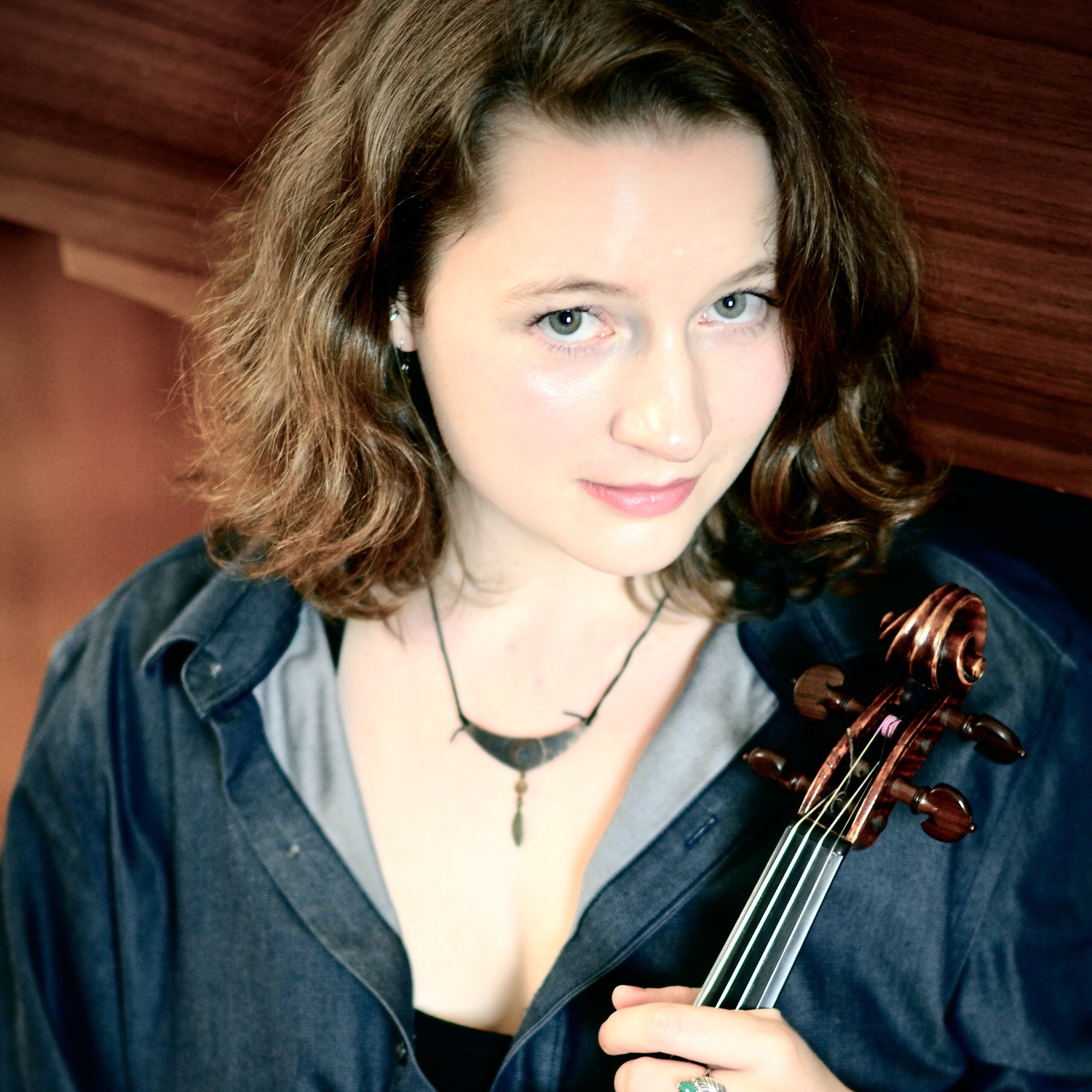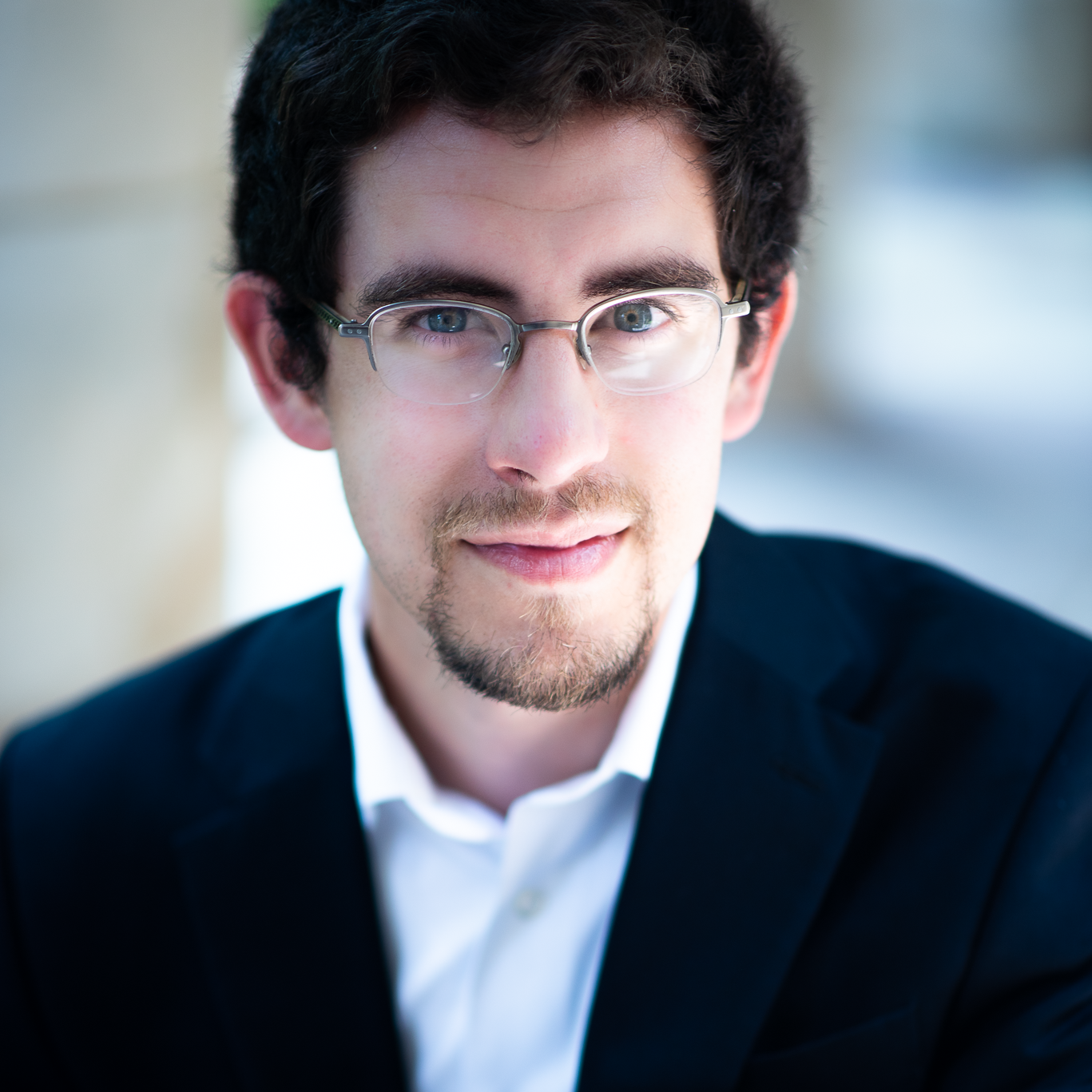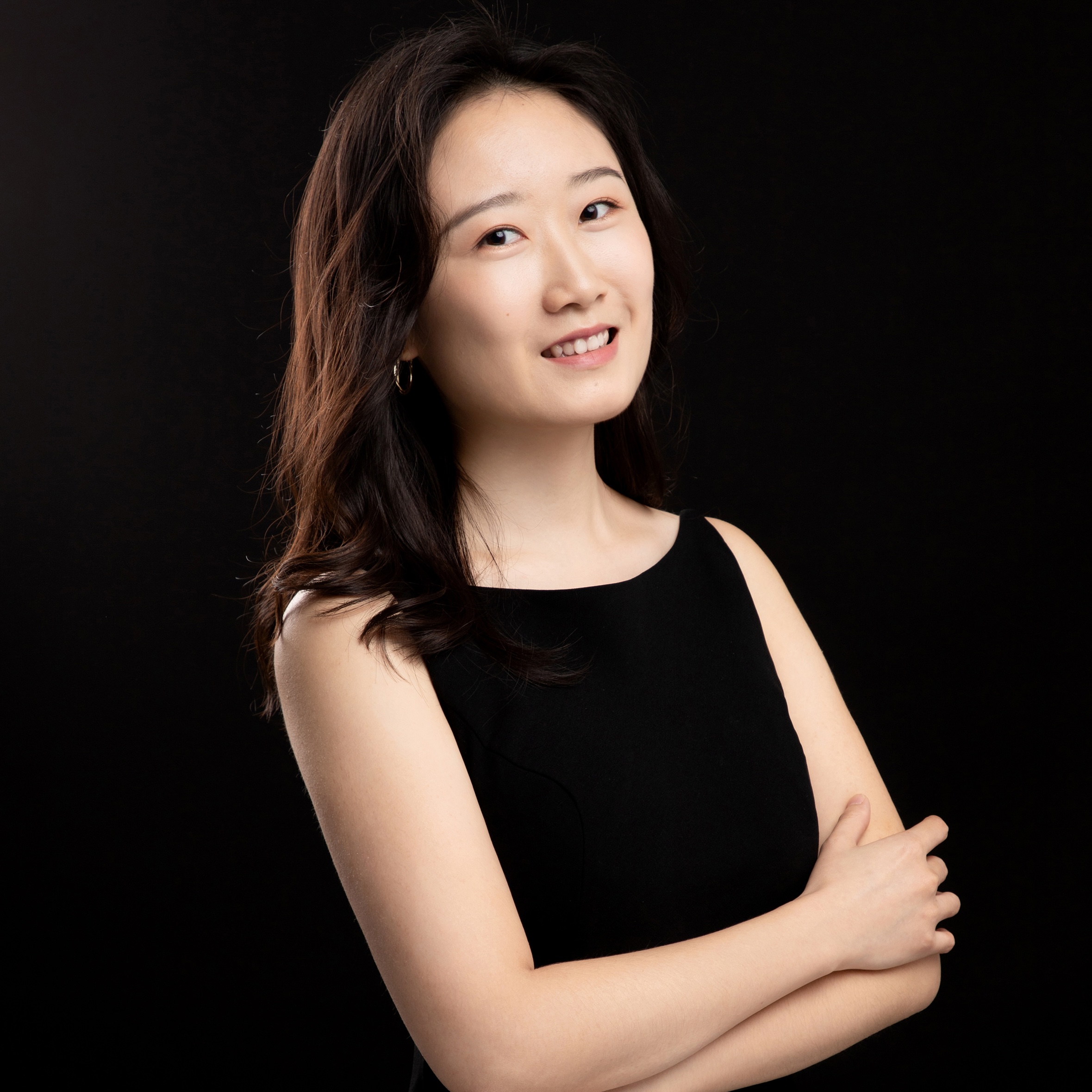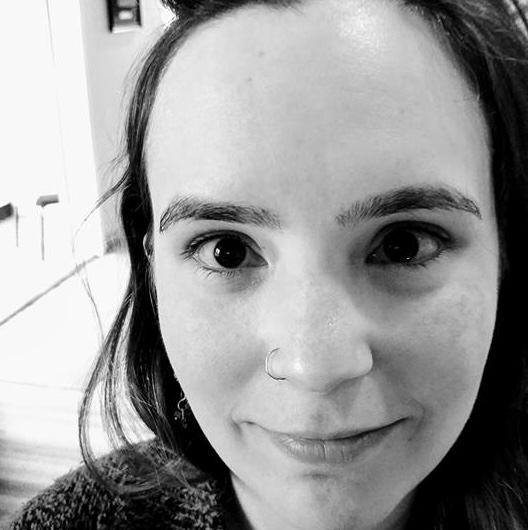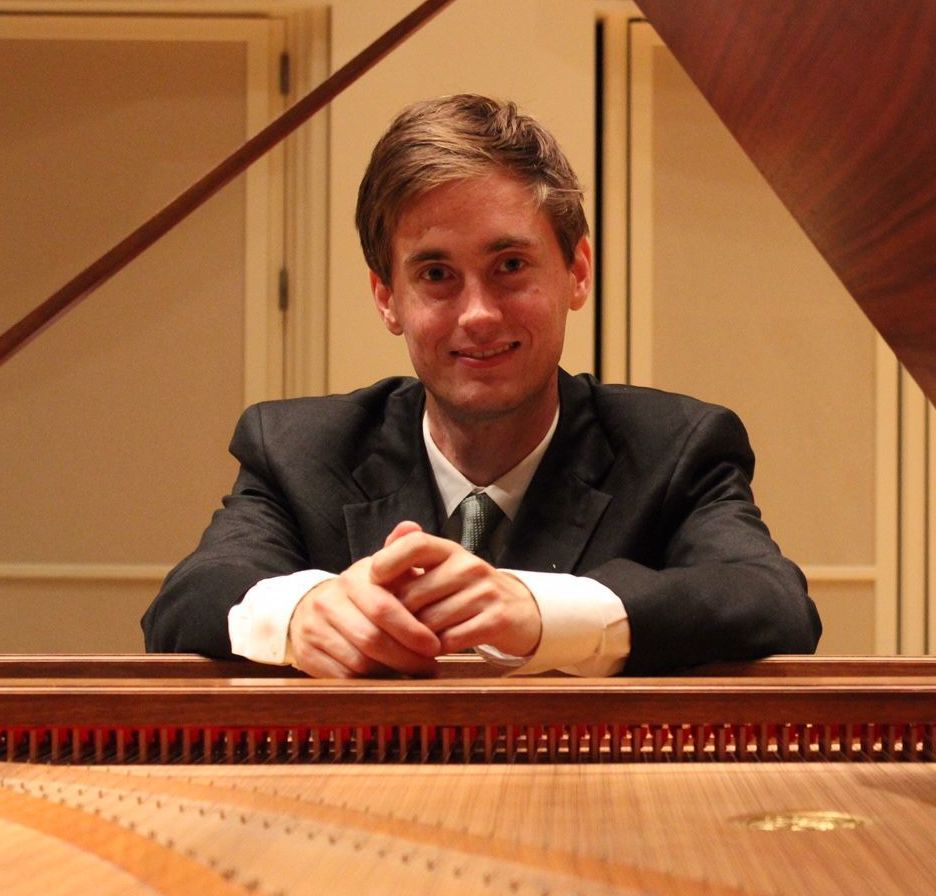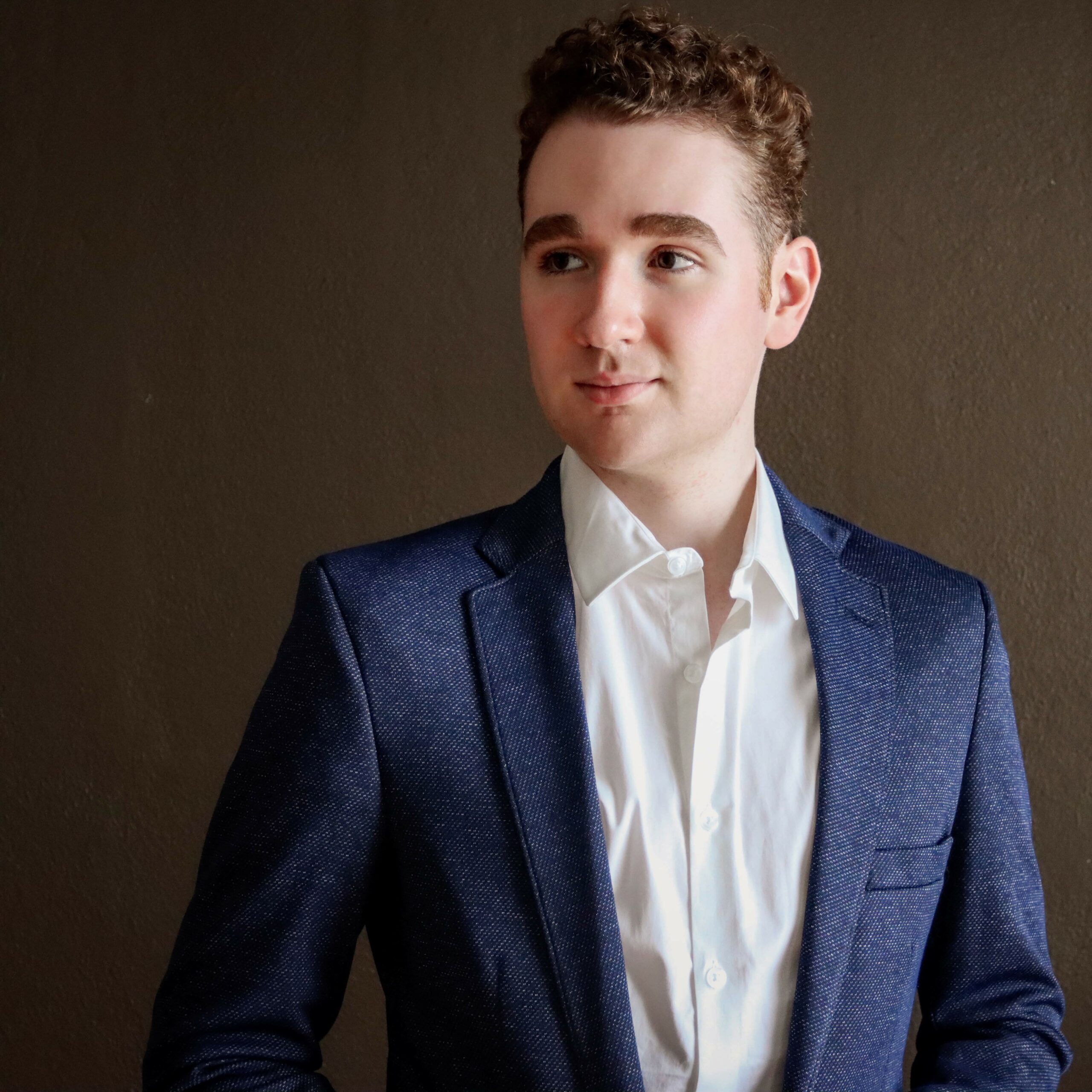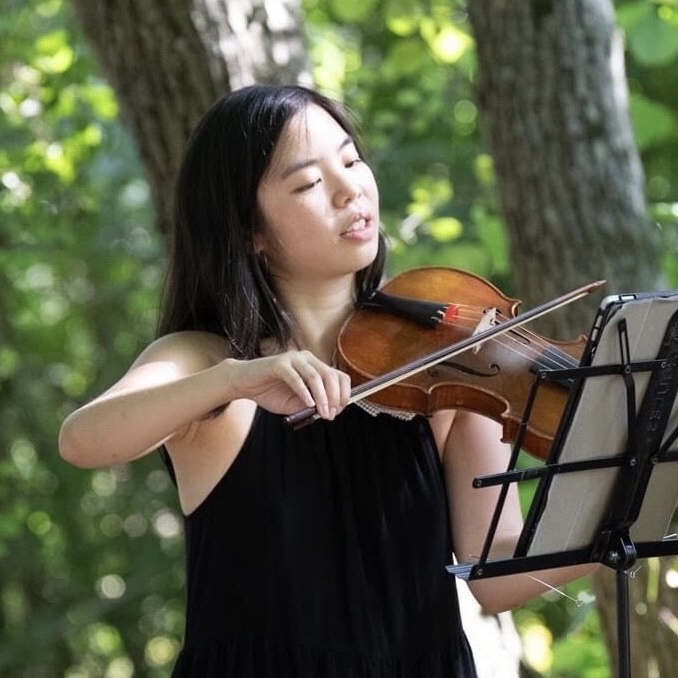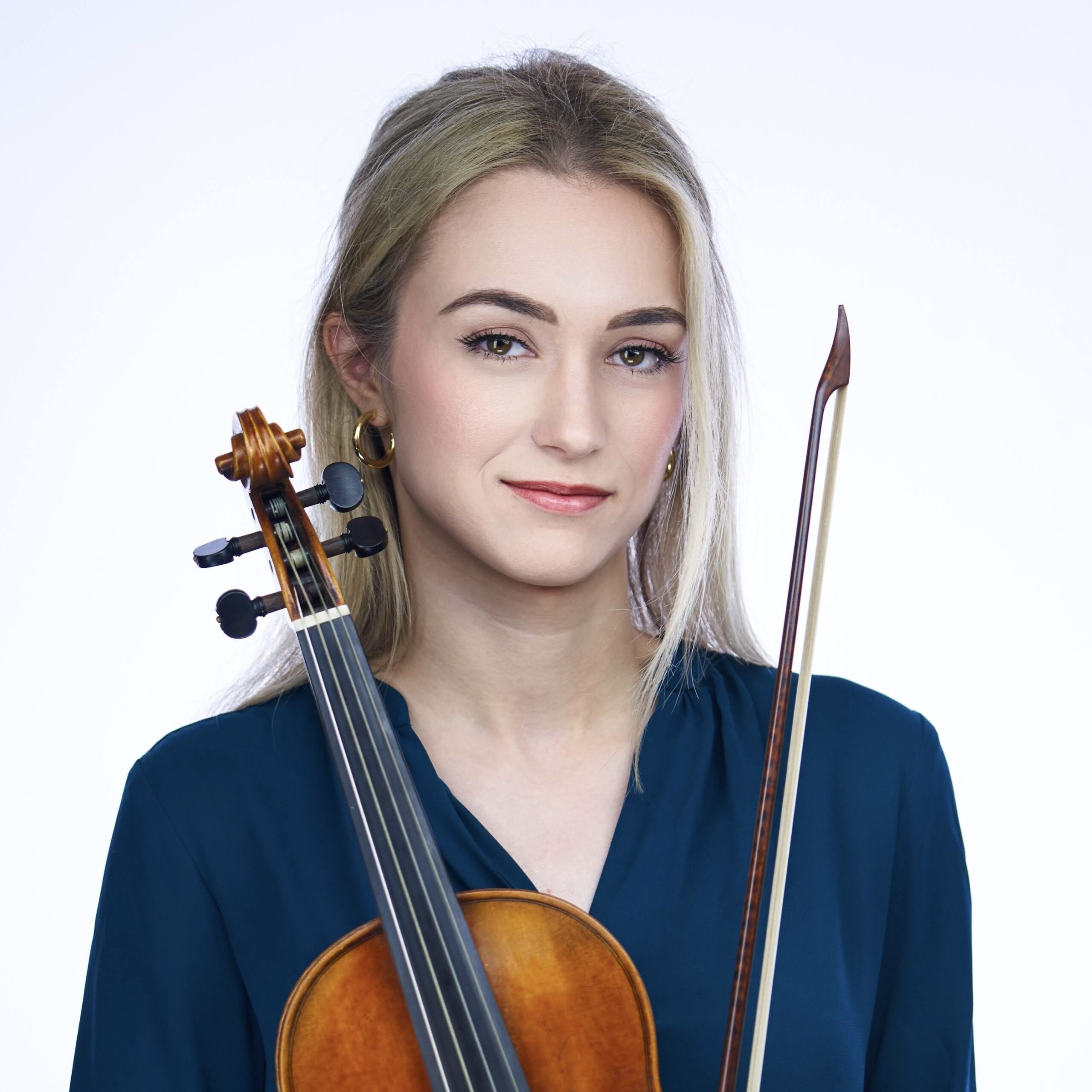Mission
The Emerging Professional Leadership Council (EPLC) provides young professionals valuable non-profit board experience by working alongside the board of Early Music America to support and advocate for the next generation of early music professionals, performers, scholars, patrons and enthusiasts in North America.
EPLC members receive mentorship from EMA board and committee members, take part in EMA board committee meetings, connect with other emerging early music professionals, and make a difference in our community through EMA’s programming.
The EPLC is committed to inclusion, diversity, equity, and accessibility and building a diverse council.
If you have comments or questions for members of EPLC, Contact EMA.
EPLC Member Guidelines
- The EPLC will comprise a maximum of 15 members.
- EPLC Members will serve a 2-year term, renewable once for a 1-year term extension. (3-year term max)
- To be an EPLC member in good standing, members are expected to attend a minimum of three of the four quarterly Council meetings (August, November, February, and May) and actively participate in Council projects.
- EPLC members should expect a commitment of four hours per month over 10 months each year.
- All EPLC members receive a complimentary EMA Personal membership.
- Membership is not required at the time of application.
- EPLC members are invited to attend EMA Board meetings (in person or via Zoom), as non-voting participants and to actively participate in EMA’s Board training programs and committees.
- Candidates should be no older than 35 at time of application.

